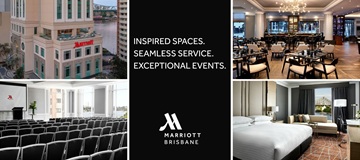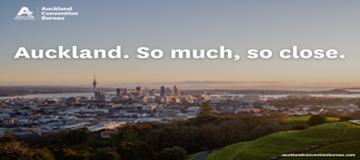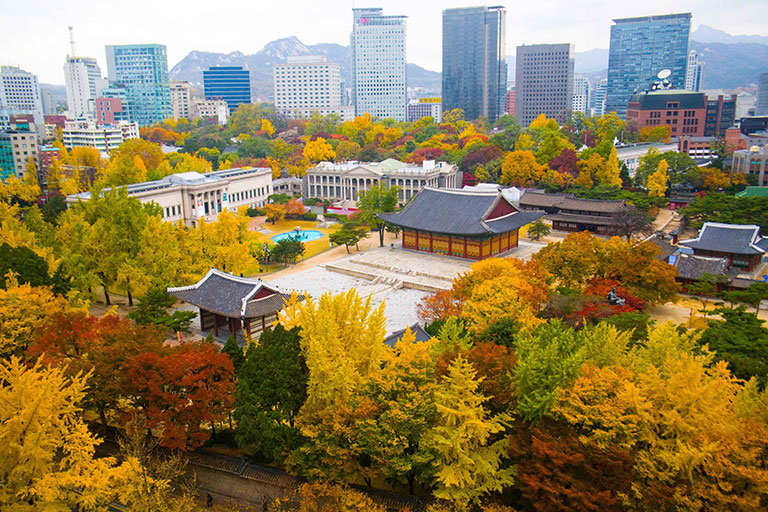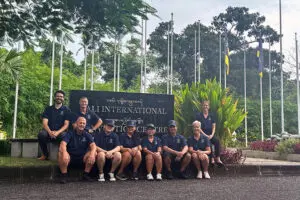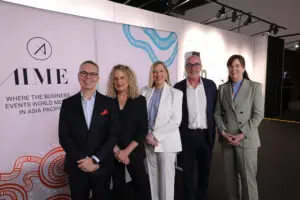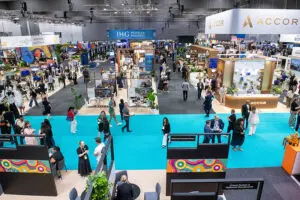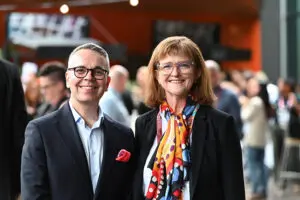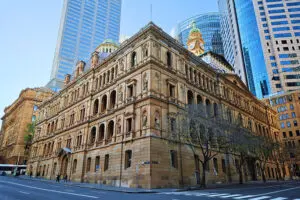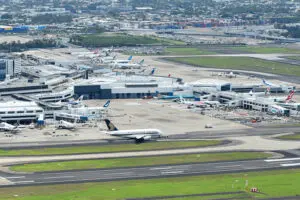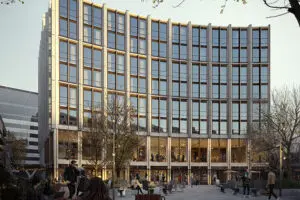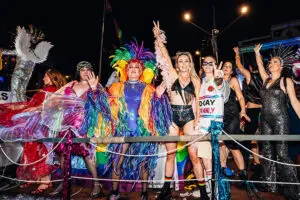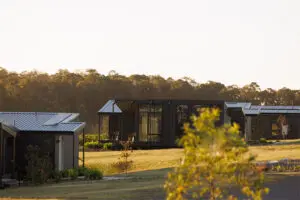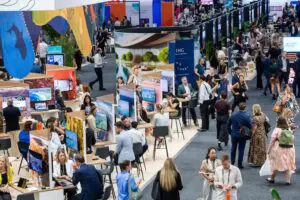“There is no question that Korea has experienced a surge in global visibility in recent years,” says the director of Korea Tourism Organization’s Sydney office, Mr Hyeongjoon Kim.
“From the Oscar-winning success of Parasite and the global phenomenon of Squid Game, to the global influence of BTS and the current popularity of Kpop Demon Hunters, Korean culture has captured the imagination of audiences worldwide.
“This has shifted Korea’s image from a hidden gem to a recognised cultural leader on the world stage.
“From the business events perspective, this momentum is already translating into travel.
“Seoul, in particular, has seen a significant increase in international arrivals, driven by this cultural attention.
“While younger generations are leading the way, their enthusiasm is also influencing families, professionals and business decision-makers.
“Korea has gone from being a quiet achiever to a global trendsetter, and we expect this growing interest to continue across all demographics, reinforcing its reputation as both a top travel destination and a strong host for international business events.
“Our priority is to build awareness and highlight Korea’s strengths beyond popular culture,” he explains.
“While we’re proud of Korea’s growing reputation for music, drama and food, we see this as a way to spark interest and then showcase our standout venues, immersive cultural experiences, modern infrastructure and the memorable experiences we create for delegates.”
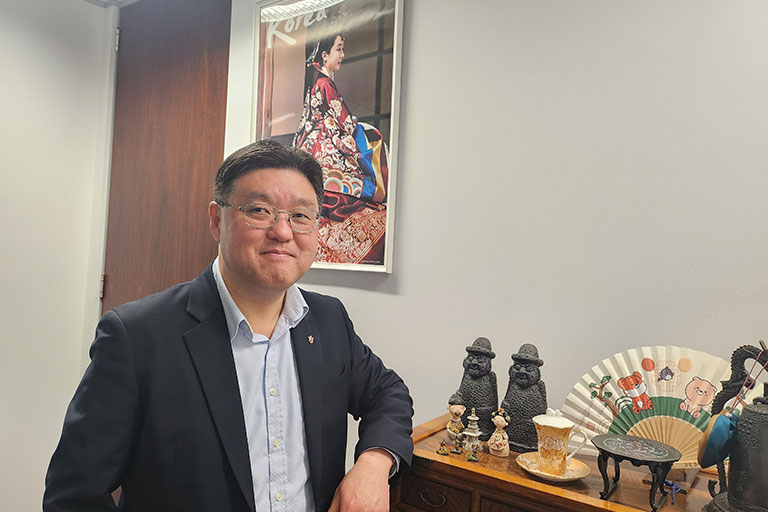
Mr Kim says Korea’s pop culture profile has supercharged demand from incentive groups.
“Delegates want to step into the culture they have seen on screen and in media,” he says.
“This creates opportunities for planners to design truly unique experiences alongside business programs.
“Delegates can join K-drama location tours, participate in K-pop dance workshops, explore vibrant street markets, enjoy traditional cuisine with locals, hike to scenic viewpoints or visit historical palaces and temples.
“By blending these cultural touchpoints with seamless event management, Korea stands out as a destination that is both memorable and practical for meetings, incentives, conferences and exhibitions.”
Where the old and the new converge
Mr Kim believes it’s the harmonious juxtaposition of the old and the new that makes Korea attractive as a business events destination.
“Korea is an incredibly multifaceted destination that offers both depth of tradition and cutting-edge modernity,” he says.
“On one hand, delegates can immerse themselves in thousands of years of history through experiences such as visiting ancient palaces, temples or even staying overnight in a temple for Temple Stay.
“On the other, Korea is one of the world’s most technologically advanced countries, with up-to-date infrastructure and venues that can easily accommodate all types of events.
“This balance makes Korea unique.
“Business events here do not just take place in conventional venues. You can host a meeting in a restored hanok [a traditional Korean house] with full modern AV capability or on the Floating Island on Seoul’s Han River, a high-tech venue surrounded by city lights and water.
“It is this ability to combine cultural richness with world-class facilities and streamlined event management that makes Korea so attractive to organisers and delegates alike.”
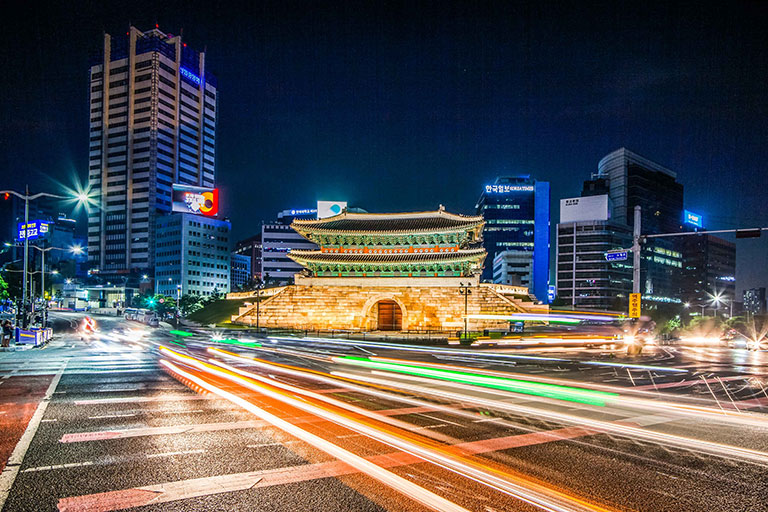
Popular activities for business events groups in Korea
He says popular activities for business events groups include cooking classes with traditional Korean dishes, cultural immersions like temple stays and meditation sessions, team building activities inspired by Squid Game, exploring palace gardens and having a symbolic event near the Demilitarized Zone.
“K-pop dance classes are also a popular way for groups to connect and have fun, often revealing hidden talents among colleagues,” says Mr Kim.
“Planners and delegates are often surprised by the sheer variety of experiences available in Korea, and how seamlessly traditional culture and modern innovation coexist,” he says.
“Many come with limited expectations or only an association with Korean pop culture.
“Once here, they are struck by the depth of our history, the vibrancy of our food scene and the warmth of our people, all delivered alongside highly efficient and technologically advanced meeting solutions.
“It is this contrast and variety that leaves the strongest impression.”
The next APEC host
Later this month, Korea is also hosting the Asia-Pacific Economic Cooperation Summit (APEC 2025), in Gyeongju, which Mr Kim says is “landmark opportunity” for the historic city.
“As Korea’s ancient capital and the heart of the Silla Dynasty, Gyeongju is called the ‘museum without walls’.
“Delegates will be introduced to Korea’s story in a city where history is woven into every corner, from the royal tombs at Daereungwon Ancient Tomb Complex to the UNESCO-listed Bulguksa Temple and the oldest observatory in Asia, Cheomseongdae.
“Beyond these attractions, visitors can stay in beautifully restored hanok guesthouses that offer a true sense of how Koreans lived centuries ago.
“At the same time, Gyeongju is preparing for the future.
“The city upgraded its facilities and infrastructure ahead of APEC, ensuring it can welcome world leaders and large-scale delegations with ease, while retaining its old-world charm.
“This unique balance of tradition and modern capability positions Gyeongju not only as a fitting host for APEC but also as an inspiring introduction to Korea for first-time delegates.”
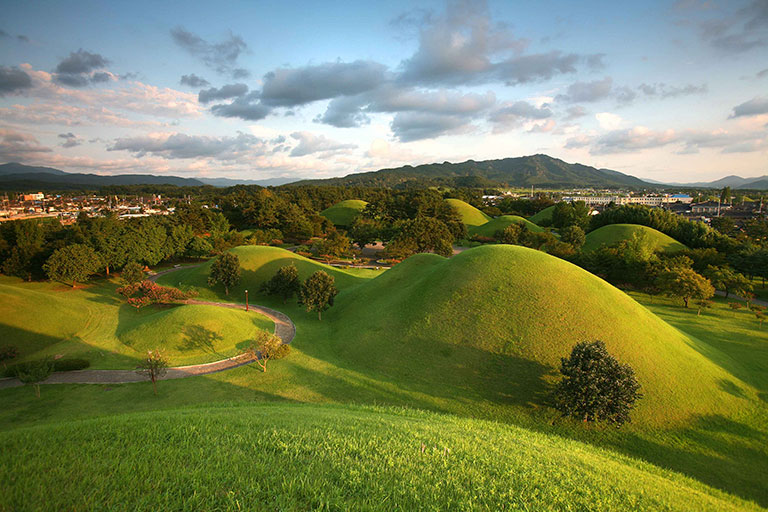
Australian awareness grows
Korea is already globally established as a business events destination – it ranked 12th in the most recent world rankings from the International Congress and Convention Association (ICCA), with Seoul ranked 6th globally amongst individual cities.
However for Australian planners and delegations, awareness of Korea’s potential as an event host is less developed.
“While Australians are familiar with Korea through popular culture such as K-pop, K-dramas and K-food, many don’t yet realise the strength of our meetings infrastructure or our experience hosting major international events,” says Mr Kim.
“This is where we see Korea as emerging [within the Australian market]. Not because we lack capability, but because we are only now beginning to feature strongly in the consideration set for Australian planners.
“That is a space where we are very excited to grow.”
There is plenty of support available to encourage Australian event owners and organisers to bring their events to Korea.
“For groups of 10 or more, we can offer assistance ranging from promotional materials and souvenirs to financial support for venues, transportation and cultural activities,” says Mr Kim.
“We also provide guidance on bidding processes for larger events and connect planners with local partners to ensure smooth delivery.
“Currently, we have a special partnership with the Gyeongsangbuk province, home to Gyeongju [where APEC will be held], offering supplementary support for groups visiting this region.
“This can include funding for activities and souvenirs, with KTO providing additional transport support. For example, a group of 30 travelling to Gyeongju could receive up to KRW 30,000 [approximately AU$32] per person for activities, plus KRW 30,000 from KTO for transport.
“Our Sydney office works closely with Australian organisers to tailor support packages to each group’s needs, helping to make events in Korea both memorable and highly impactful.”

